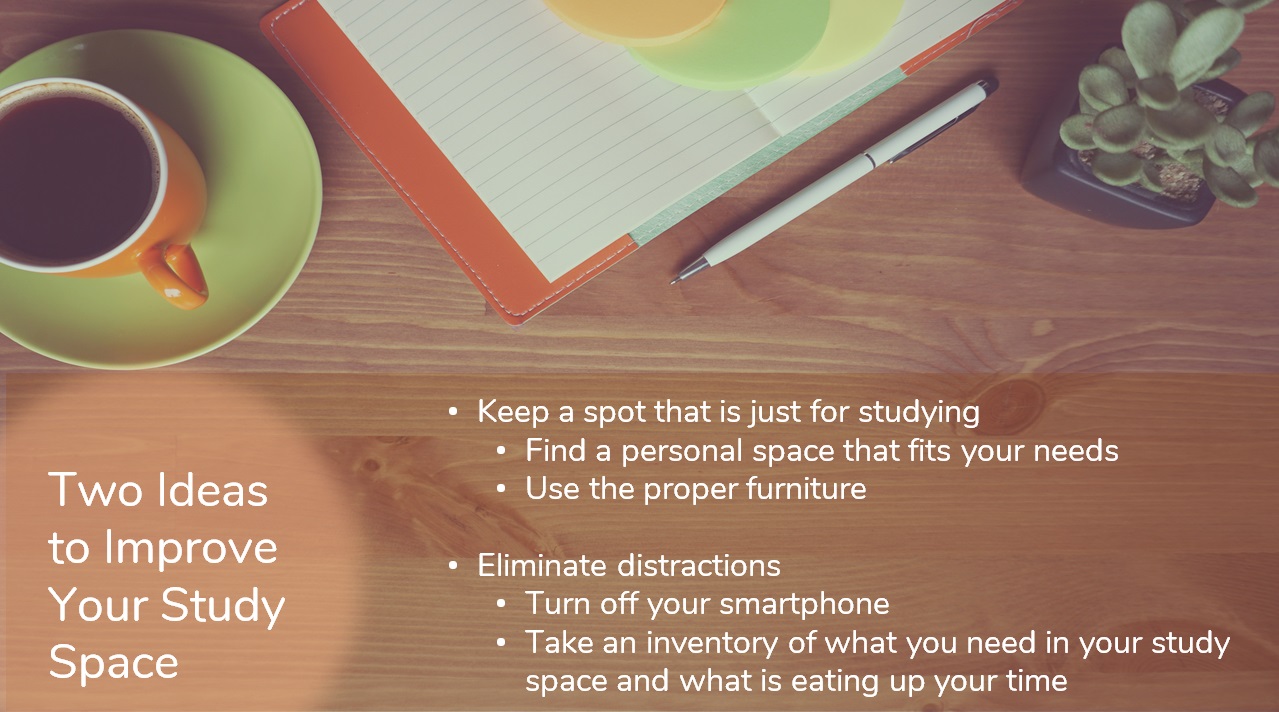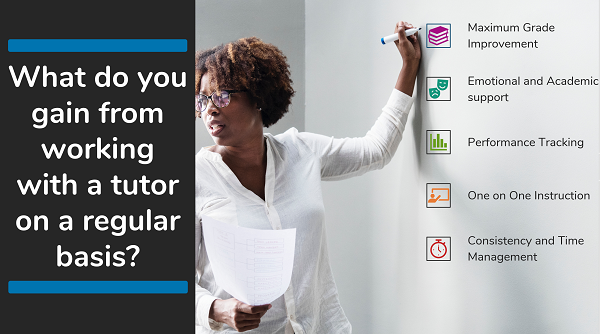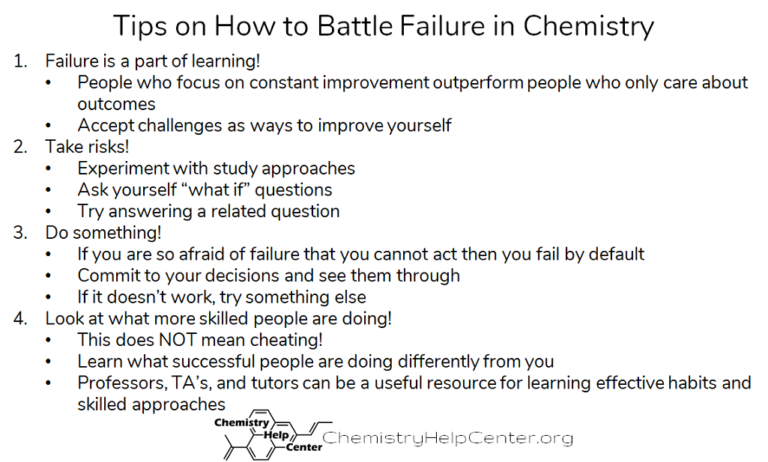Two Ideas And A Dozen Tips to Make A Perfect Study Space
People often talk about developing study skills as an act of willpower; you have to force yourself to do it. This is true up to a point, but if you make studying more enjoyable and task oriented then you won’t spend so much energy overcoming the dread of doing your homework. A dedicated study space will improve your quality and speed at which you accomplish projects saving you valuable time to relax and enjoy your favorite activities. A messy or unsuited study space, however, can lead to hours of uncomfortable and unproductive “study” while you fight a cluttered pile of books and passively stream television in the background. Making a good study space is a highly personal process, but there are a few universal guidelines that will help you establish, hone, and optimize healthy study habits.
Establish a Physical Study Space
We’ll start with picking a good location to study. A dedicated room such as an office or a spare bedroom is the best. If you don’t have this luxury you can explore other options. Keep in mind the following two things while looking for a study spot will help you to find the perfect spot.
- You should be able to comfortably sit upright next to a flat surface on which you can easily read and write. Not only it is beneficial for your posture, it will also keep you alert.
- The area should not be used for anything except work and study. This automatically excludes beds, couches, over-sized chairs, and other places designed for resting or entertaining.
Some examples of such places are:
- A desk in the corner of a quiet room,
- A designated spot at the kitchen table,
- A study room at a library,
- A quiet nook at a coffee shop, or
- A “reading area” at the book store.
If there is legitimately no space that you can set aside just for studying, then you can choose to rearrange an area so that it looks different while you are studying at it. When you rearrange your desk specifically for studying, and you only use this “arrangement” to work on your school stuff, it works like a trigger to set you in the study mood.
Personalize
After you have established a suitable study spot, personalize your study space to make it conducive to the way that you study and work. A quality study space will include easy access to any materials you might need, an adequate amount of space to work on, and a pleasant atmosphere. All these aspects come down to personal taste, and the ideal set up will vary depending on the individual. For this reason, having control the furniture and surroundings can be very advantageous.
When I was a freshman, I found a beaten up oak desk at a yard sale for $25. I had to get three of my friends to help me haul it away and it took up half of my small bedroom, but it had plenty of drawers to keep my materials in and enough surface area that I could spread out and get comfortable while studying. After I had it set up I always had a place to go where I could think clearly and get work done. Over time it became part of my work ritual and I carried it around with me until I graduated. It was the best $25 I could have spent on my education.
I’ve included a few rough guidelines below for the type of set up you should be looking for.
- Your chair should be comfortable to sit in for a few hours at a time; this probably means a good cushion. When your feet are on the ground, your thighs should be parallel to the floor. When you rest your hands on the keyboard or writing pad, your elbows would be about ninety degrees.
- Pick a desk that has enough space to keep your materials on it without making awkward piles. Pens and other tools should be reasonably organized and within reach. If you are writing by hand, you should probably avoid desks that wobble too much.
- If it’s possible, include a few pictures (or something else you like looking at), a view of a clock, and enough room to get up and stretch every once and a while.
Eliminate Distractions
A simple step improving your study space is to look for things that you know take up a lot of your time and eliminate them. It may not be easy to go without these things, but it is simple. The first thing you need to do is get rid of your smartphone! Everything about your phone is customized to be maximally distracting to you specifically. Every text and phone call is for YOU. The news algorithm pushes stories based on what YOU will spend the most time reading. Every app on your phone is programmed to be maximally time-consuming to people just like YOU. Your best option is to turn it off and leave it in another room. It might hurt your ego, but in almost all circumstances the world will not end if you are disconnected from it for a few hours.
There are plenty of other distractions laying around and many of them will be idiosyncratic to you. So, be honest with yourself and ditch whatever is keeping you from studying–your success depends on it!
- Portable gaming devices,
- Books,
- Make up kits,
- Three highlighters you click together and pretend are a lightsaber,
- the list could go on forever…
The point is if you find yourself using something as an excuse not to work then put it away, take it to another room, or leave it out of arms reach.
At this point I’d like to mention a few edge cases. Lots of people study with music in the background. For the most part this is fine, so long as the music isn’t too engaging. I see music as a tool to drown out other distractions such as people talking or other ambient activity going on around while you study. However, if you must use music to drown out other distractions, then you haven’t exactly found an optimal study spot. Generally, if you can work in silence that is the best option.
Another issue that comes to mind is people who fidget or who like to play with desk toys while they are thinking. For some people being able to do a repetitive task does help to clear their mind. I tend to get up and pace around the office if I need to hash something out. If you have a habit like this be honest with yourself and figure out if it is helping you focus, or if it’s just an excuse to let your mind wander off topic. No one can know this for sure except for you, but if fidgeting doesn’t help you to come up with brilliant ideas that make you excited to go back to work, then it’s probably best not to do it at all.
Conclusion
The ability to study is linked closely to your ability to focus on a single task. This is easier said than done because the human brain tends to wander and seek out new experiences. If you are trying to win out against human nature, then it is helpful if you surround yourself with tools to help you to return your focus to the task at hand every time your mind starts to wander. Having a dedicated study space will help your brain to switch over into study mode as soon as you enter it. Being comfortable, keeping good posture, and staying organized will make it easier to stay in that place for longer. Eliminating distractions will help you maintain focus and return your attention when distractions inevitably come up.






